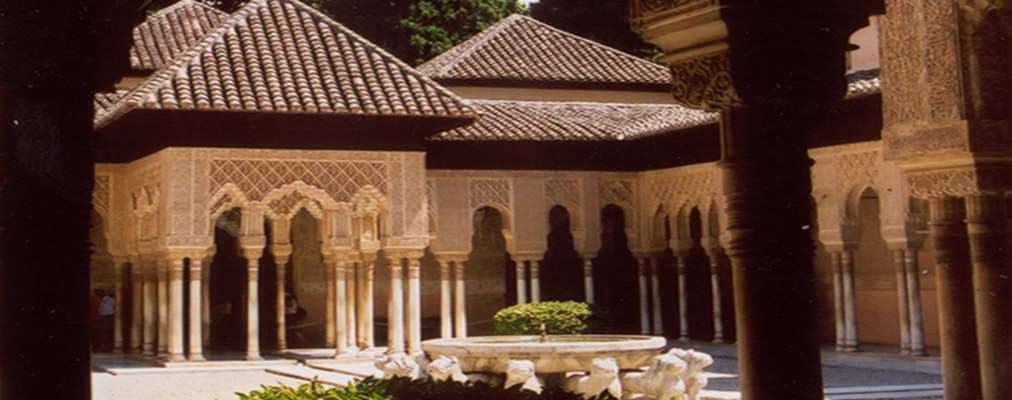Interdisciplinary Symposium at the Literaturhaus, Berlin, 30 October 2015
Organised by Jan Loop and Richard van Leeuwen
It is the ambition of this section of our collaborative research project to document the enormous influence, that the translation and reception of the Arabian Nights had, not only on European literature and story telling, but also on Enlightened theories about the nature of reality, the function of fictional literature, the history of the novel, and on Romantic discussions about the nature and functioning of ‘fantasy’. The history of the reception of the Thousand and One Nights is the history of the incorporation of a literary work and a literary imagination into European culture, transforming the literary and cultural fields and the generic conventions that governed it.
On the occasion of the 300th anniversary of the death of Antoine Galland, the first translator of the Thousand and one nights, the Literaturhaus Berlin, in co-operation with the European research programme Encounters with the Orient in early modern Europe, organizes a commemorative day dedicated to Galland and his work.
The programme consists of an academic workshop to discuss the place of Galland’s Mille et une nuits in the various traditions and its multifarious afterlives; a roundtable discussion between three translators of the Thousand and one nights about the technical and cultural problems related to such an ambitious translation; and readings by authors who in some way or another find inspiration in the Thousand and one nights for their own work, showing that the narrative dynamics of Shaharazad is still felt.
Programme
Academic session: Antoine Galland and the Thousand and One Nights Tradition: Perceptions and perspectives.
9.30 Musical Ouverture:
The “One Thousand and One Nights” theme (comp. Baligh Hamdi for Umm Kulthum) accompanied by the opening of the Galland Manuscript in Arabic and German. Performing: Claudia Ott (nay, recitation); Hanan El-Shemouty (qanun); Hadi Alizadeh (percussion)
Welcome and Introduction: Richard van Leeuwen
Morning Session:
Chair: Charles Burnett
9.45 – 10.30 Inroduction Richard van Leeuwen (Leiden)
10.30 – 11.15 Ulrich Marzolph (Göttingen), Galland in the Making: The early travel diaries (1672–73) in the light of comparative folk narrative research
11.15 – 12.00 Robert Irwin (London), The Abbe Terrasson’s Sethos (1731) and other Egyptological fantasies
Lunch Break
13.40 Musical Intermezzo: Improvisations on the Ottoman Turkish theme “Mevlana”
Afternoon Session:
Chair: Richard van Leeuwen
13.45 – 14.30 Paulo Lemos Horta (Abu Dhabi), Collaborators and Translators
14.30 – 15.15 Elisabetta Benigni (Torino), An overview on 19th and 20th centuries Italian translation of the Thousand and One Nights and the emergence of Italian “nocturnal literature”
16.00 – 17.00 Translators roundtable: Translating the Thousand and one nights: cultural and literary perspectives
Chair: Paulo Lemos Horta
Participants:
Ellen Wulff (Denmark)
Claudia Ott (Germany)
Amund Bjørsnøs (Norway)
Richard van Leeuwen (Netherlands)
17.30 – 19.00 Literary readings
Musical Opening: Samai Huzam (comp. Abdo Saleh) accompanied by a love poem out of the Galland Manuscript of the Thousand and One Nights in Arabic and German
Chair: Jan Loop
Thomas Lehr
Mircea Cartarescu
